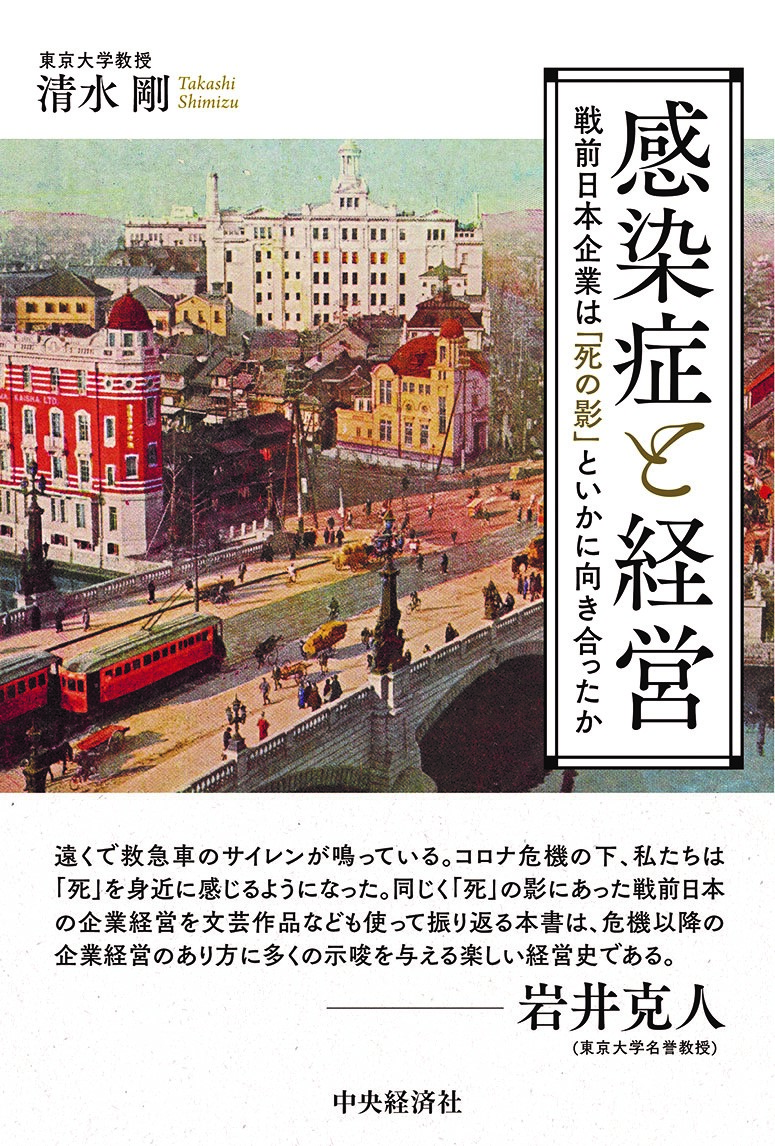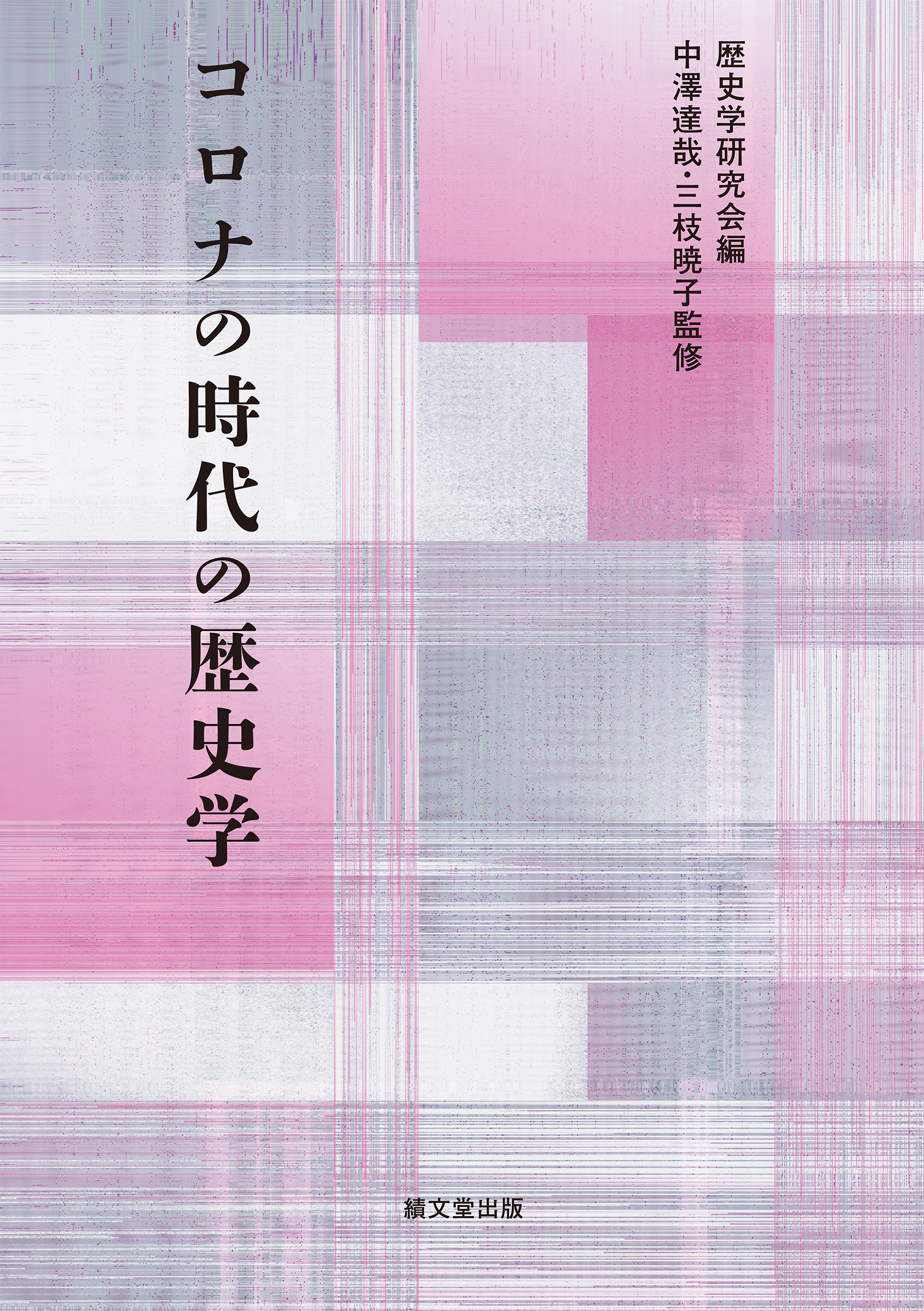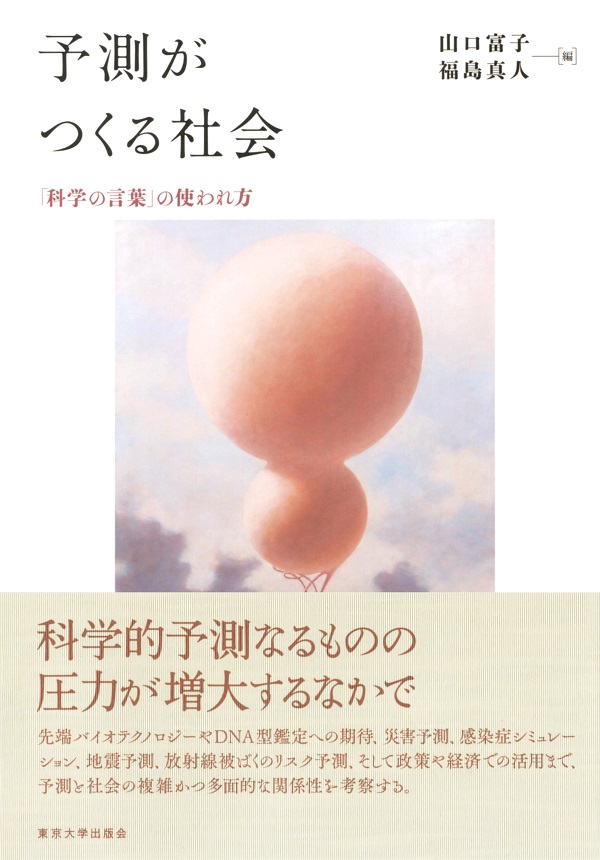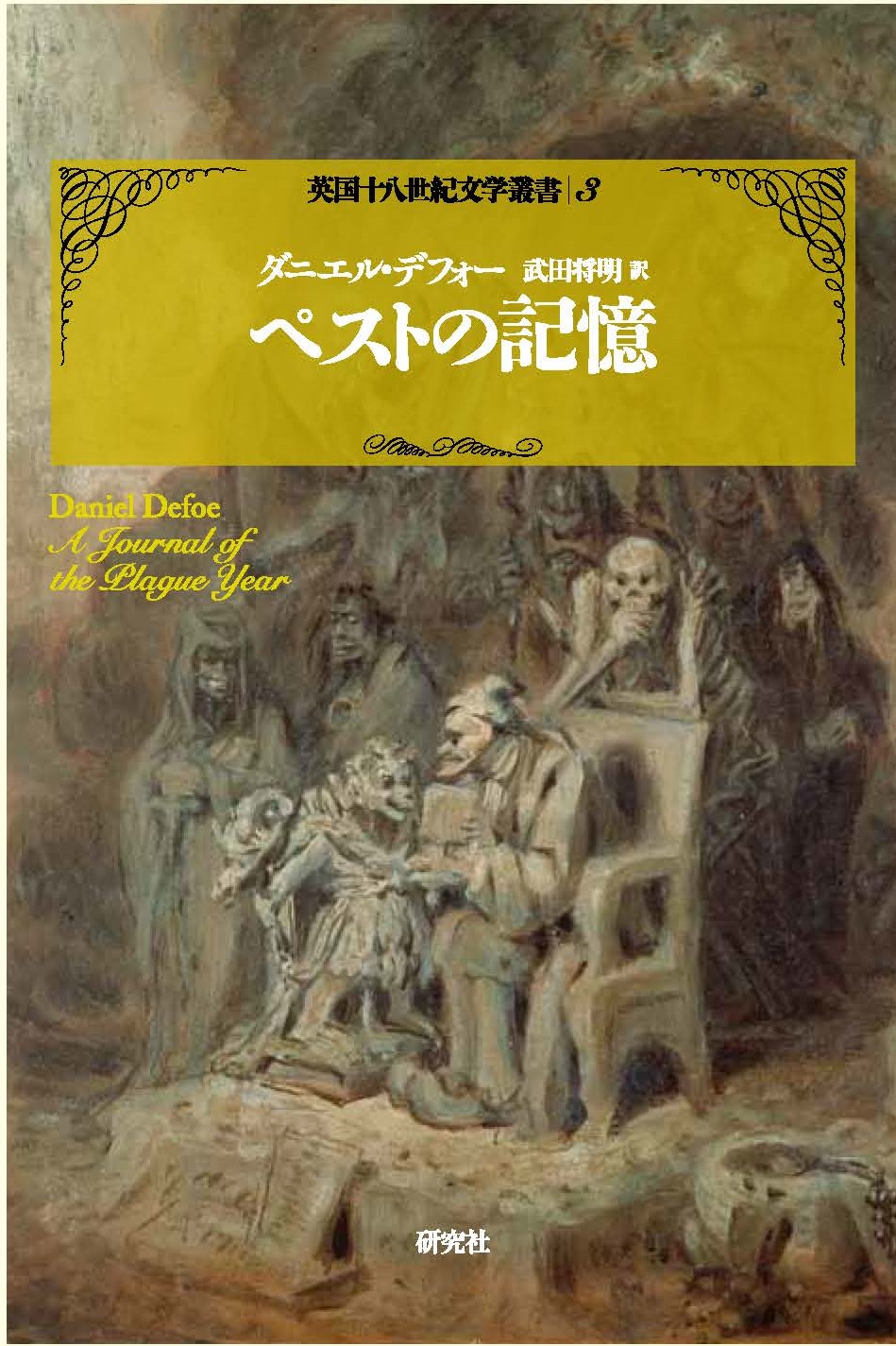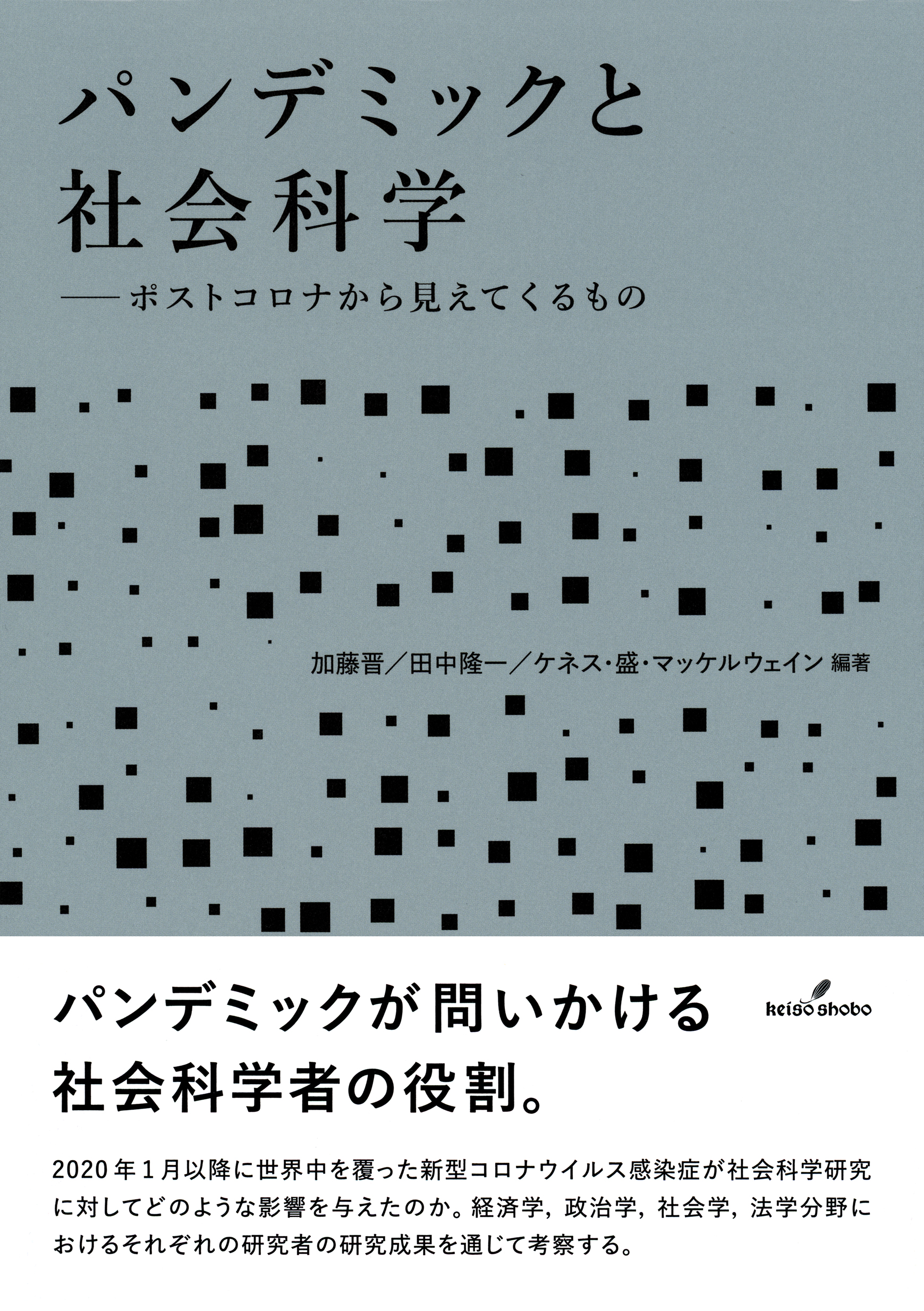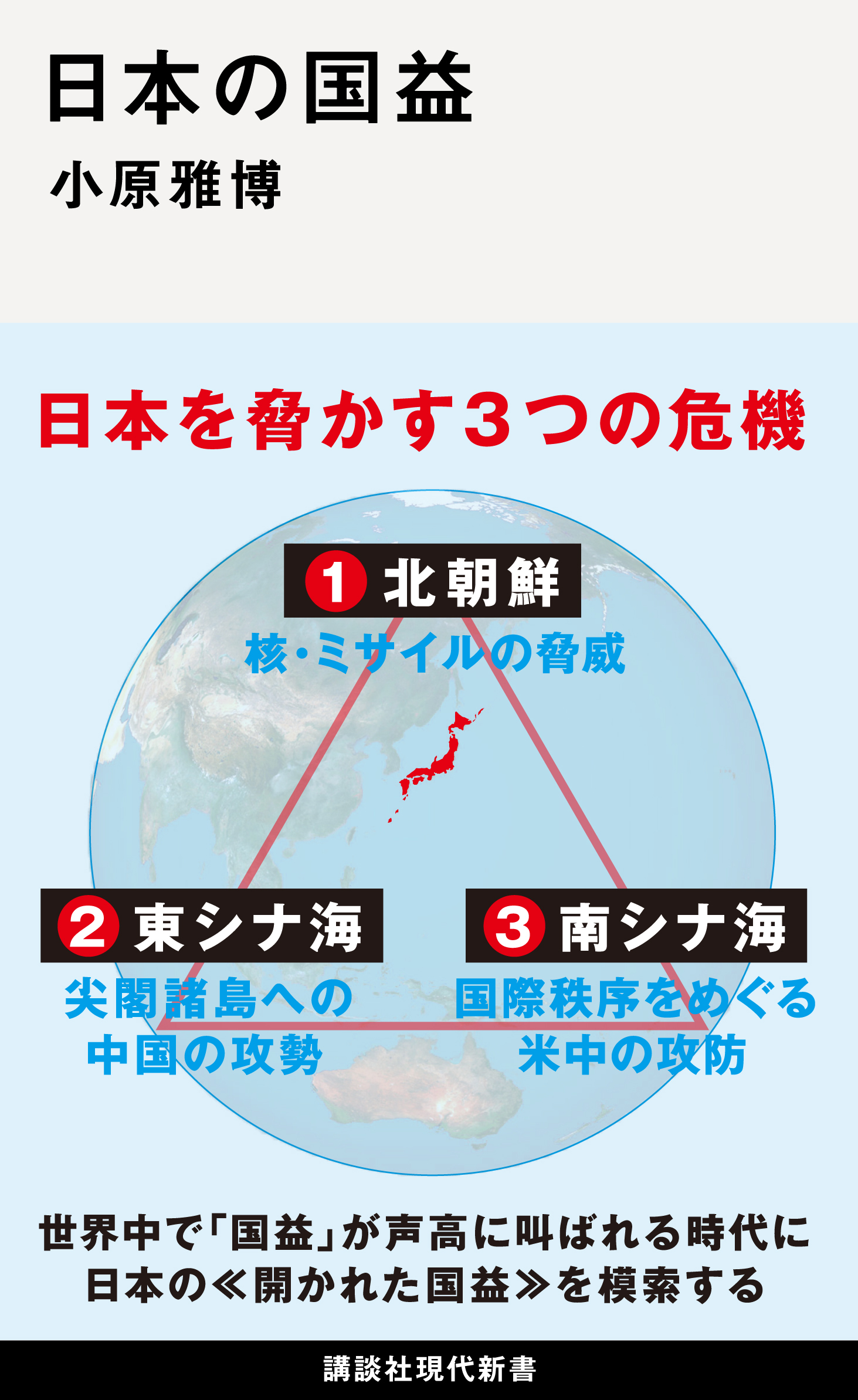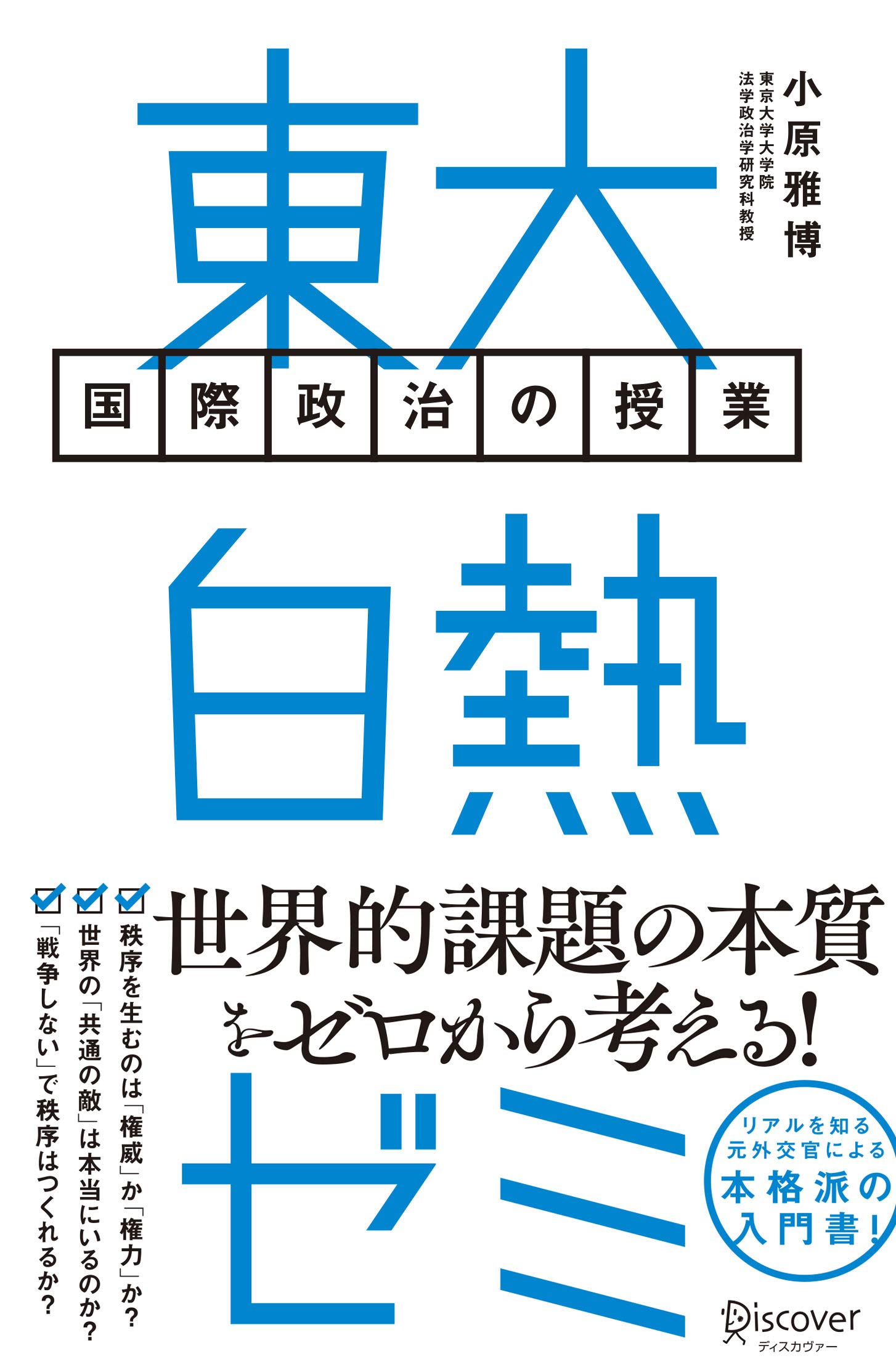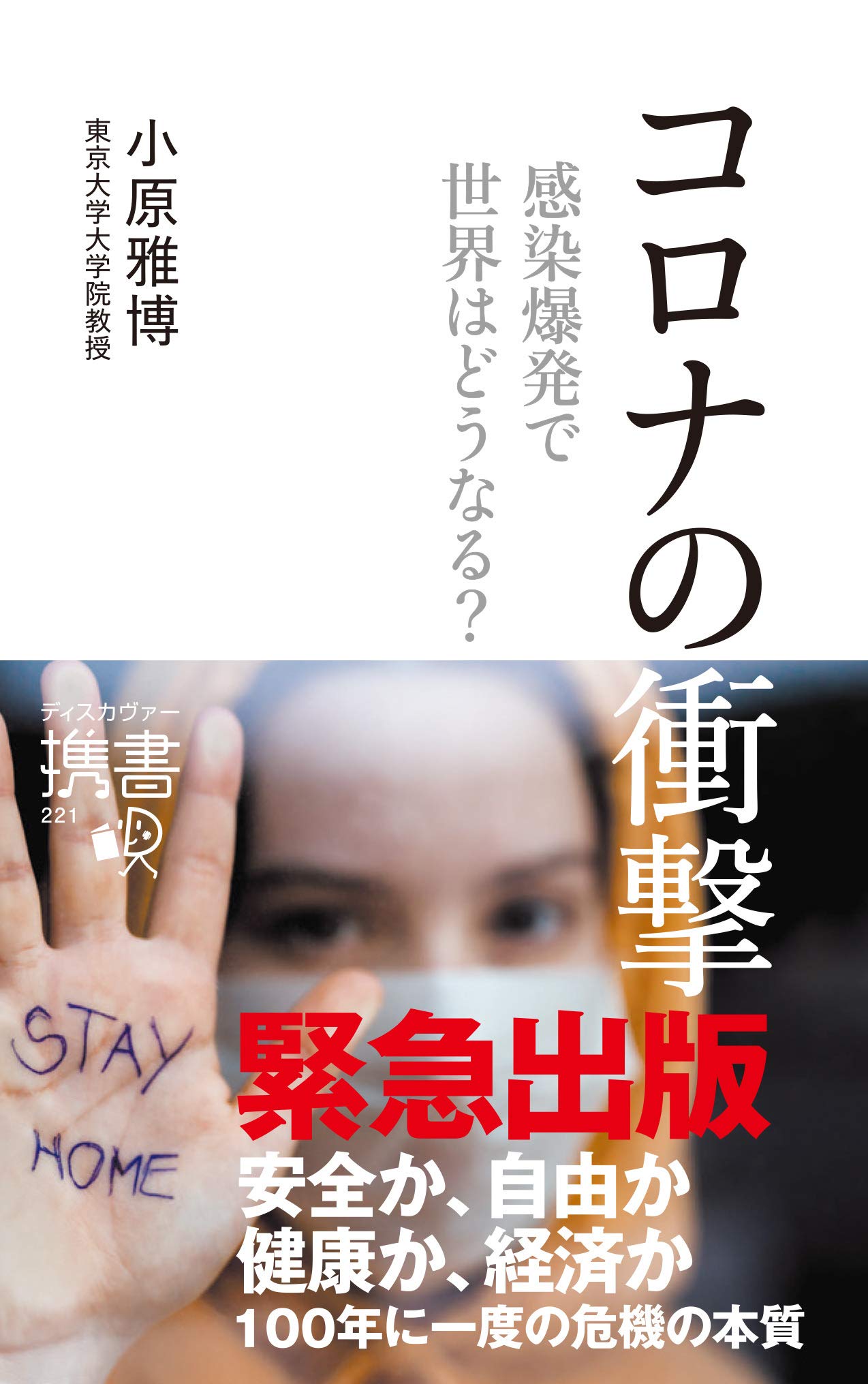
Title
Corona no Shogeki (The Impact of Coronavirus - How will the pandemic affect the world?)
Size
240 pages
Language
Japanese
Released
May 28, 2020
ISBN
978-4-7993-2613-8
Published by
Discover 21
Book Info
See Book Availability at Library
Japanese Page
The novel coronavirus, which spread from China around the world in 2020, has become a once-in-a-century infectious disease pandemic that is transcending national and ethnic borders to attack humanity. Faced with the fear of such an infectious disease, we must identify and discuss the substantial issues lurking in this crisis and seek answers to them, thereby transforming our nation and society to a more desirable form. Based on this awareness of issues, the book discusses the relationships between the state and society and the individual, desirable governance, the relationship between security, freedom, and privacy, freedom and responsibility, and the relationships between politics, security, and economics.
The book positions the coronavirus crisis as a "complex crisis" of health and the economy. The difficulty is the dilemma that prioritizing one of these crises can lead to the spread of the other. Government responses to this vexing problem has been shaky. In particular, there are pages devoted to discussing the response of two powerful countries, the United States (US) and China, in detail.
China's initial response to the disease was delayed due to the coverup of information, which led to the spread of the disease, but the authoritarian regime of the Communist Party's one-party rule implemented unprecedented city blockades and quarantines, which successfully contained the disease at an early stage and promoted economic normalization. On the other hand, the spread of infections continues in the US due to President Trump's lack of awareness and premature economic reopening, and there is no sign of an end to the outbreak.
The difference in governance between the US and China is clearly evident in their response to the coronavirus. The Chinese model, which need not to pay much attention to the individual rights and privacy, can take strong measures to keep health (security) and the economy under control, is being touted as superior. On the other hand, the US, which has become the most highly infected country, blames China and the World Health Organization(WHO). As China gains more economic and military power in its quest to become a "Strong Country, Strong Army," the US wariness of China is increasing, and it is changing its engagement policy and clarifying its tougher stance toward China. One of them is the "decoupling" with China. Japan, particularly its corporations, is caught between the US, its ally, and China, its largest trading partner, and is faced with a difficult response.
International cooperation is shaken by the intensifying conflict between the US and China. The unity of the international community, including the development of a vaccine, is essential for ending the coronavirus pandemic and fighting off second and third waves of the virus.
However, China's governance cannot serve as a universal model, and the US has not been able to provide global leadership, partly due to the qualities of its leader. Japan should actively develop multilateral diplomacy through "US-Japan alliance +α," strengthening the cooperation with countries that share values or strategic interests, such as TPP11 as the "α." The contributions of companies, organizations, and individuals are also essential against transnational issues such as infectious diseases and climate change.
Following the issues raised in the introduction, the book reflects on the spread of the disease in Wuhan, China, in Chapter 1, and discusses the impact of the novel coronavirus from political and economic perspectives in Chapters 2 and 3. In the final chapter, the author presents their thoughts on what each of us should do looking ahead to a post-crisis world. Infectious Diseases (Bite-sized Notes) and a small historical narrative have been added at the end.
(Written by KOHARA Masahiro, Professor, Graduate Schools for Law and Politics / 2020)



 Find a book
Find a book


